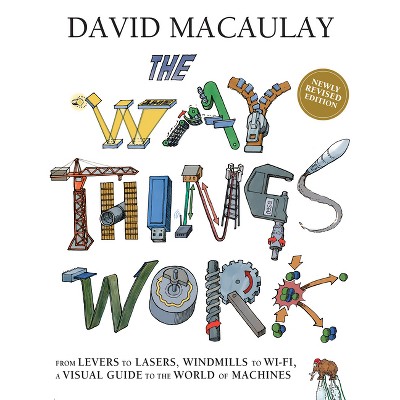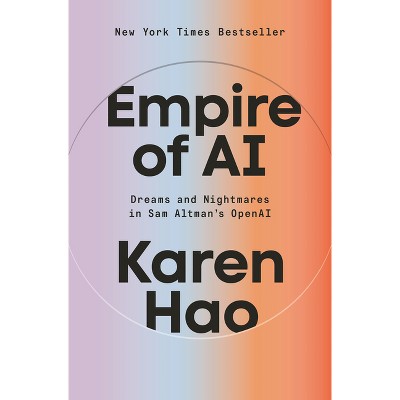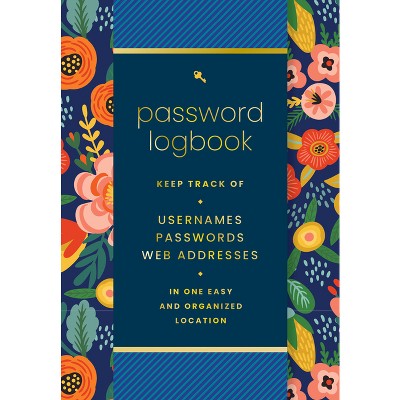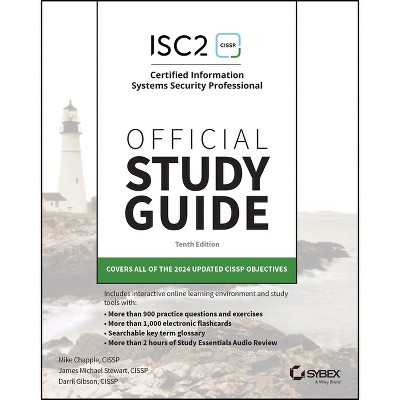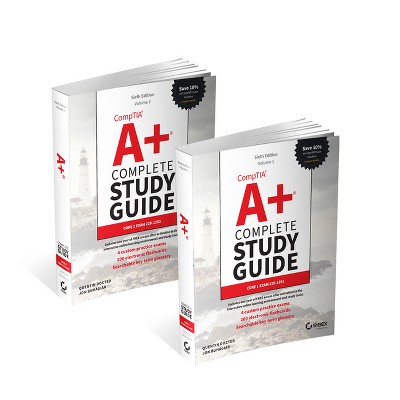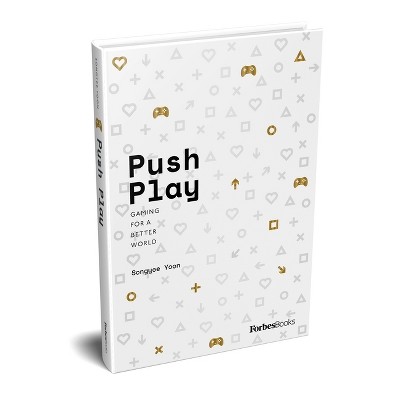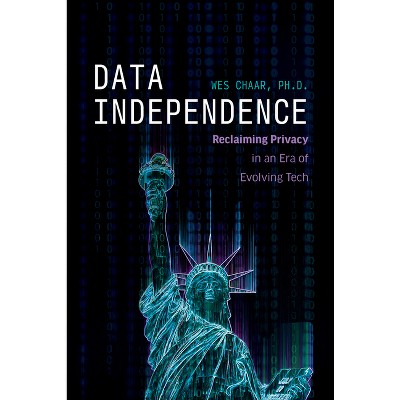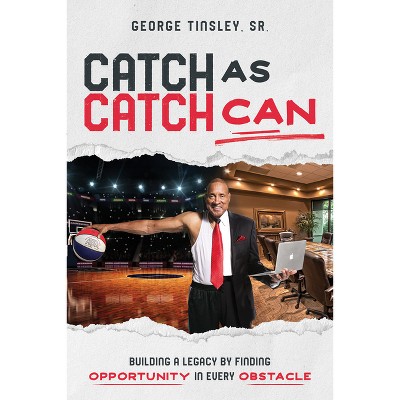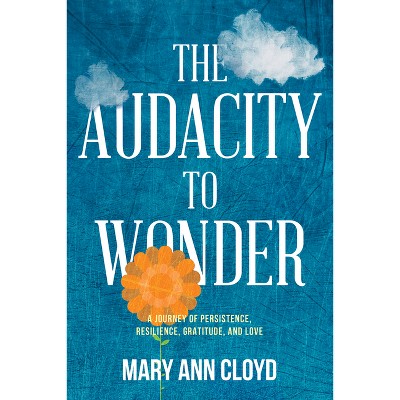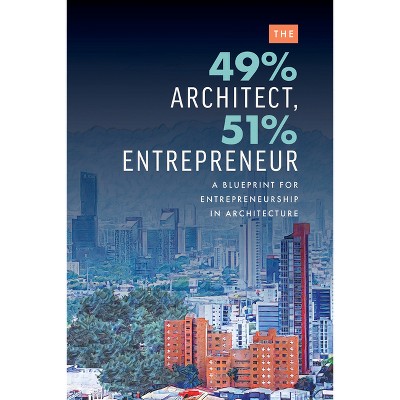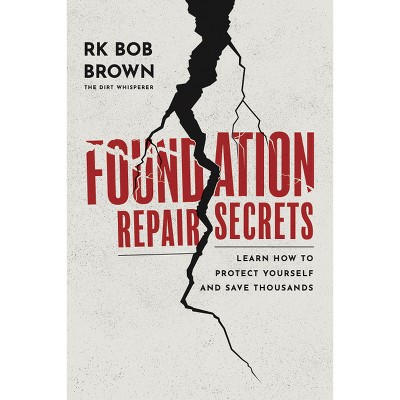About this item
Highlights
- Forging a More Humane Future through Ethical AI CollaborationThe rapid development of AI is bringing revolutionary changes that raise complex ethical questions without clear solutions.
- Author(s): Songyee Yoon
- 156 Pages
- Computers + Internet, Intelligence (AI) & Semantics
Description
About the Book
Forging a More Humane Future through Ethical AI Collaboration
The rapid development of AI is bringing revolutionary changes that raise complex ethical questions without clear solutions. As AI becomes an integral part of human society, how can we ensure it evolves responsibly and ethically? Songyee Yoon draws from conversations with pioneering AI experts to provide insight into building a framework for the coexistence of humans and machines. Exploring philosophical, educational, engineering, and societal perspectives, Mosaic of Minds offers thought-provoking discussions on AI's potential benefits and risks.
This insightful book encourages collaborative efforts between diverse fields to develop AI that augments humanity, arguing that open communication and debate will reveal solutions hidden in differences. Ultimately, it makes a compelling case that by working together, we can create a new order where AI assists in solving humanity's problems.
Book Synopsis
Forging a More Humane Future through Ethical AI Collaboration
The rapid development of AI is bringing revolutionary changes that raise complex ethical questions without clear solutions. As AI becomes an integral part of human society, how can we ensure it evolves responsibly and ethically? Songyee Yoon draws from conversations with pioneering AI experts to provide insight into building a framework for the coexistence of humans and machines. Exploring philosophical, educational, engineering, and societal perspectives, Mosaic of Minds offers thought-provoking discussions on AI's potential benefits and risks.
This insightful book encourages collaborative efforts between diverse fields to develop AI that augments humanity, arguing that open communication and debate will reveal solutions hidden in differences. Ultimately, it makes a compelling case that by working together, we can create a new order where AI assists in solving humanity's problems.
Review Quotes
"I imagine a future society where we live together with highly intelligent AI. If we could determine our future, what would it look like? Would our deeply held values and ethics persist? What is the ideal future, and what will be the foundation for it? Even after spending considerable time developing cutting-edge AI in Silicon Valley, I still don't have the answers to these questions. This book offers us a guiding light toward a more humane future amidst the uncertainty. As you turn the pages, you may encounter questions you've never considered before-questions we must ask if we want to navigate the ambiguity of our future. We are fortunate to encounter a book brimming with warm visions and profound insights into the future during these turbulent times."
Cho Sung-Jung
Engineer, Meta;
Former Engineer, Google
"'Love? What's your price?' This line from the drama series Autumn in My Heart still lingers with me after twenty or so years. It feels strange and forced to try and convert love into money, a human value into something specific and quantifiable. Quantifying human values has long remained a challenging and complex task. However, with the advent of AI technology, this interesting yet perplexing topic has come to the forefront. While we still lack a consensus on what constitutes being human, we seek to quantify our humanity through AI. For instance, some students who condemned the unethical nature of Facebook had no ethical qualms when working on projects for social media companies that involved exploiting user profiles. As such, our ethical compass varies by context, so we must contemplate on how we can approach and unify our ethical views when building a humane future with AI technology. Through discussions with scholars of various fields, Mosaic of Minds lays out the insights of those who have already thought of the above issues. Interestingly enough, despite their diverse backgrounds and fields of study, their thoughts and insights seem to align. This book is a map that can help us navigate through the complicated yet essential problem that needs to be solved."
Chun Byung-Gon
Professor, Computer Science and Engineering Department, Seoul National University;
CEO, FriendliAI
"Upon first seeing the title, I thought it could have been New World and Ethics of New Technology, but it used 'humane' and 'future' instead. Why? Perhaps the author envisioned a future where a person, enjoying the fruits of new technology (AI), or maybe a child in pain because of it, would be affected. If one realizes how something can impact the life of a child decades later, their attitude toward that technology can never be the same. Rules, dangers, dilemmas, and overcoming prejudice in a new world... An engineer who sought only the most optimal algorithm joins hands with a philosopher to draw out their map, thinking of the world they will leave behind. From then on, the engineer's goal is not stock options, but an algorithm whose beginning may be forgotten, but could bring happiness closer to all. I want the readers of this book to envision the same: a post-apocalyptic world. There, on a desolate wasteland, walks a nomad who knows not what the new world's fair principle is. They stumble upon a grand settlement in the middle of the desert, where a group of philosophers, sociologists, computer scientists, entrepreneurs, and politicians who understand both technology and philosophy research the ethics of the new world on equal grounds, welcoming them warmly. Imagine sitting at the end of their table with a warm meal, in the seemingly last bastion of mankind, engaging in discussion with them."
Kim Jong-Woo
Production Director, MBC, Meeting You
Shipping details
Return details
Trending Computers & Technology Books
